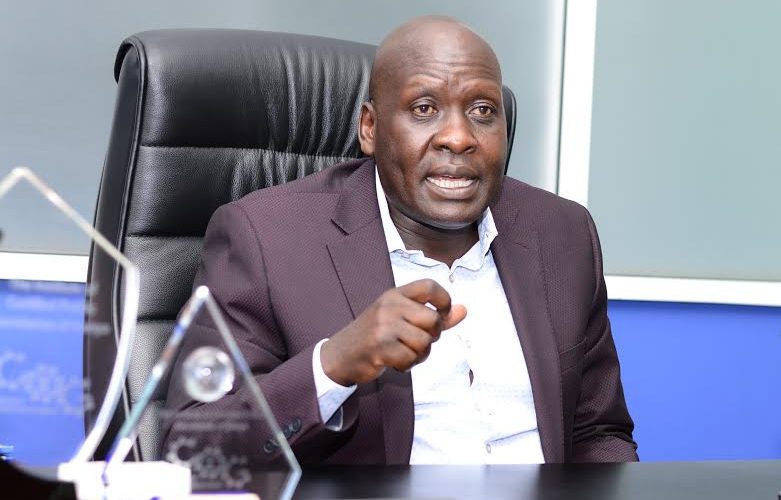Saccos are dragging their feet on diversifying their investments into new areas such as health and education as the high demand for loans among members puts pressure on their wallets.
Many Kenyan Saccos are stuck on the primary objective of enabling members to save regularly so as to create a pool of funds from where they can obtain credit facilities on softer terms than is otherwise available in the open market.
While the desire to branch into areas such as health exists, not many members are ready to trust management to try out new areas.
In addition, new Saccos that are coming up are also quick to copy what has been tested and proven by the existing cooperatives as opposed to charting new territories.
Kenya National Police DT Sacco, which is among the top cooperatives in the country, does not see a possibility of branching into investments that are away from what it has relied on over the years for growth.
“We have no intention of diversifying investments. Instead, we are targeting more products. We stick to the saving principle of the cooperative movement because the core mandate of a Sacco is to invest in its members,” said David Mategwa, the national Chairman.
Former Boresha Sacco CEO Moses Chebor said such investments require unique sets of skills that may not exist in the Saccos.
“Saccos are concentrating on what they know and have experience on. For example, a Sacco affiliated to the Ministry of Water may find it easier to do water projects as opposed to say one whose majority of members are farmers. The current structure of Saccos is challenging to go into newer areas. It is about limited expertise and low risk appetite,” said Chebor.
He added that the high demand for loans among Sacco members is also standing in the way of diversification since many Saccos are channeling over 90 percent of their money on loans.
“Sacco should concentrate on lending. Unless members agree to mobilize other resources specifically for investing, diversification may be a big challenge,” he said.
But Kenyans desire to invest through cooperatives was hijacked by self- seekers who promised quick returns in the name of investment Saccos turned Ponzi schemes.
This experience forced the ministry to stop the promotion and registration of investment co- operatives in totality.
However, the draft national policy on co-operative development acknowledged that Kenya would soon allow for special cooperatives to mobilise money for investment.
“The government shall be reviewing this policy direction to reflect the dynamic business environment and accommodate investors in Diaspora whose savings desires cannot be accommodated in the Sacco model,” reads the policy.
Cooperative societies that will be engaged in the process of mobilising savings purely for purposes of engaging in investments will be known as Savings and Investment Cooperatives (SICOs).
Such cooperatives will not be allowed to advance credit to their members.
Counties have already allowed cooperatives to invest in diverse sectors.
Migori County, for instance, announced the formulation of the County Cooperative Policy Paper that aims at supporting cooperative members adequately.
The new policy would address issues such as development of current cooperatives, registration of new cooperatives, and promotion of vibrant cooperative structure.
Vihiga County in 2018 also came up with a cooperative policy that among other things routes for the setting up of investments cooperatives which are crucial in determining the future lines of business expansion and financial viability.
By Sammy Chivanga
Get more stories from our website: Sacco Review
Kindly follow us via our social media pages on Facebook: Sacco Review Newspaper for timely updates.



